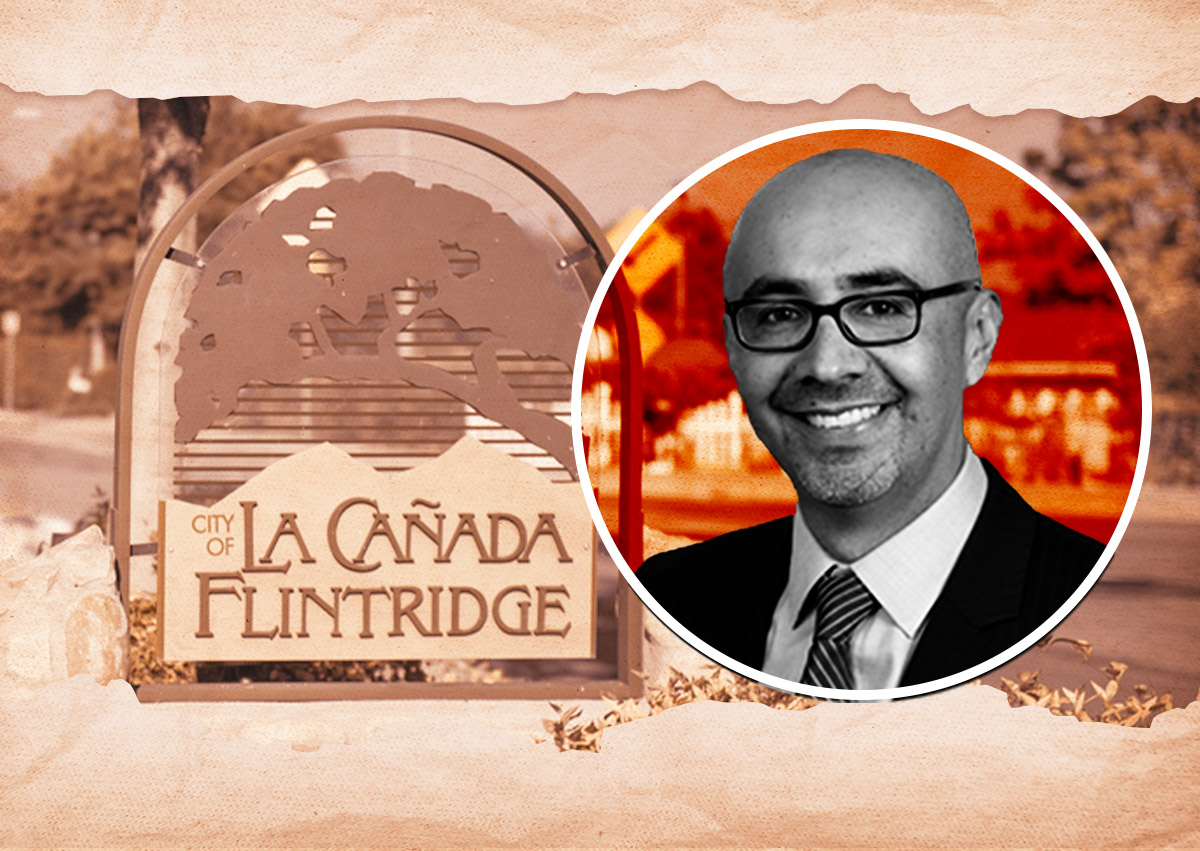In late June, the Supreme Court stuck down universities’ ability to use race as a factor in college admissions. Now, in a bizarre twist to one of California’s highest-profile development battles, the City of La Cañada Flintridge has cited the landmark affirmative action ruling as part of its legal fight against a local builder’s remedy project and state housing authority.
“It’s truly alarming,” said Alexandra Hack, a principal at Cedar Street Partners and one of the developers behind the project. Hack suggested that the city’s citation of the Supreme Court admissions ruling also reveals the lengths certain California cities are willing to go to avoid building homes.
“It shows that these NIMBY jurisdictions — there is no end to what they will do,” she said. “They know the walls are closing in on them, and so they’re just throwing everything out there. … This is clearly a very desperate attempt to try to get out of a housing obligation that every jurisdiction in the entire state has to live up to.”
Cedar Street’s project is a five-story, 80-unit complex located at 600 Foothill Boulevard, the city’s main commercial road. The 1.3-acre site has been the subject of a development fight that dates back nearly a decade.
The lead outside lawyer representing La Cañada Flintridge did not respond to an interview request from TRD. A representative for the city also did not respond to a request for comment.
Builder’s remedy denial
While a larger, frequently toxic NIMBY battle has been underway over the 600 Foothill property for years, the city’s invocation of the recent college admissions ruling comes in response to a lawsuit Hack and her partners filed against the city in July. In that suit, which stretches 430 pages, attorneys for the developers laid out an exhaustive case that accused La Cañada Flintridge and its officials of violating state housing law and “demonstrating bad faith” as the city has this year repeatedly denied the developers’ builder’s remedy project.
Like most Southern California cities, La Cañada Flintridge faced an October 2021 deadline to reach state compliance on its Housing Element, the document that outlines every California city’s housing planning. Under state law, penalties for noncompliance include the builder’s remedy, the controversial legal provision that allows developers to bypass local zoning for projects with a certain affordable component.
Nearly two years after that initial deadline, La Cañada has still not won a state signoff on its updated Housing Element, but the city has continually rejected the developers’ builder’s remedy project anyway, leading to an increasingly tense standoff with both state authority and the development team, whose mixed-use project would rise five stories and include a total of 80 residential units.
“We’re not building a huge skyscraper. This is a very modest proposal,” Hack previously told TRD. “The fact that we’re having to resort to lawsuits to get something like this to even be considered fairly is asinine.”
La Cañada, however, has maintained that it’s not actually subject to builder’s remedy because the town has “self-certified” its own Housing Element, an argument that directly challenges state officials and seems likely to lose in court. As part of a ruling on a different court case brought against the city, one L.A. County judge in July already implicitly rejected the city’s line of argument, helping pave the way for the developers’ own suit.
The city’s forceful recent legal response to the case brought by the developers indicates it’s only doubling down on the fight. In the demurrer, La Cañada is again arguing that only the courts, rather than the California Housing & Community Development Department, has the authority to determine Housing Element compliance.
La Cañada is also arguing, among other points, that the developers’ suit is invalid because the city, although it has repeatedly denied project approval, has not actually issued a “final” determination; that the city’s Housing Element is in fact compliant; and that the developers’ request for relief “is not the proper method for review of administrative decisions.”
Attorneys representing the city cite the 6-3 college admissions ruling in response to an accusation by the developers related to California fair housing law.
In 2018, then Calif. Gov. Jerry Brown signed a new state law, AB 686 — intended to address the state’s historically segregated housing patterns — that requires cities to “affirmatively further fair housing.” The requirement is part of cities’ obligations on their Housing Element, and the case brought by the developers includes an allegation that the city is violating it by concentrating low income housing planning in less desirable parts of town.
In the demurrer, the city counters that its updated Housing Element does not in fact violate that requirement — but also that it’s a moot point, because California’s affirmative fair housing requirement, which traces back to the 1968 Federal Civil Rights Act, amounts to affirmative action, and the recent Supreme Court college admissions ruling means the state can no longer impose it on local governments.
“It now appears … that the court no longer should enforce any such ‘duty,’” attorneys for La Cañada Flintridge wrote in their legal response. “The 6-3 majority agreed on a sea-change in the law; namely, there shall be no further government-imposed discrimination based on race, national origin, ethnicity, or any other “suspect” classification even if done affirmatively to remedy historic discrimination.”
It’s an extremely broad interpretation of the SCOTUS ruling that’s already provoked sharp criticism, but some housing experts have also argued that California’s affirmative fair housing law is too vague, leading cities around the state to make spurious claims.
The law is “so broad and pushes in so many different directions that a city can argue almost anything,” UC Davis law professor Chris Elmendorf told the San Francisco Chronicle.
A hearing on the developers’ case is scheduled for January.
Read more



